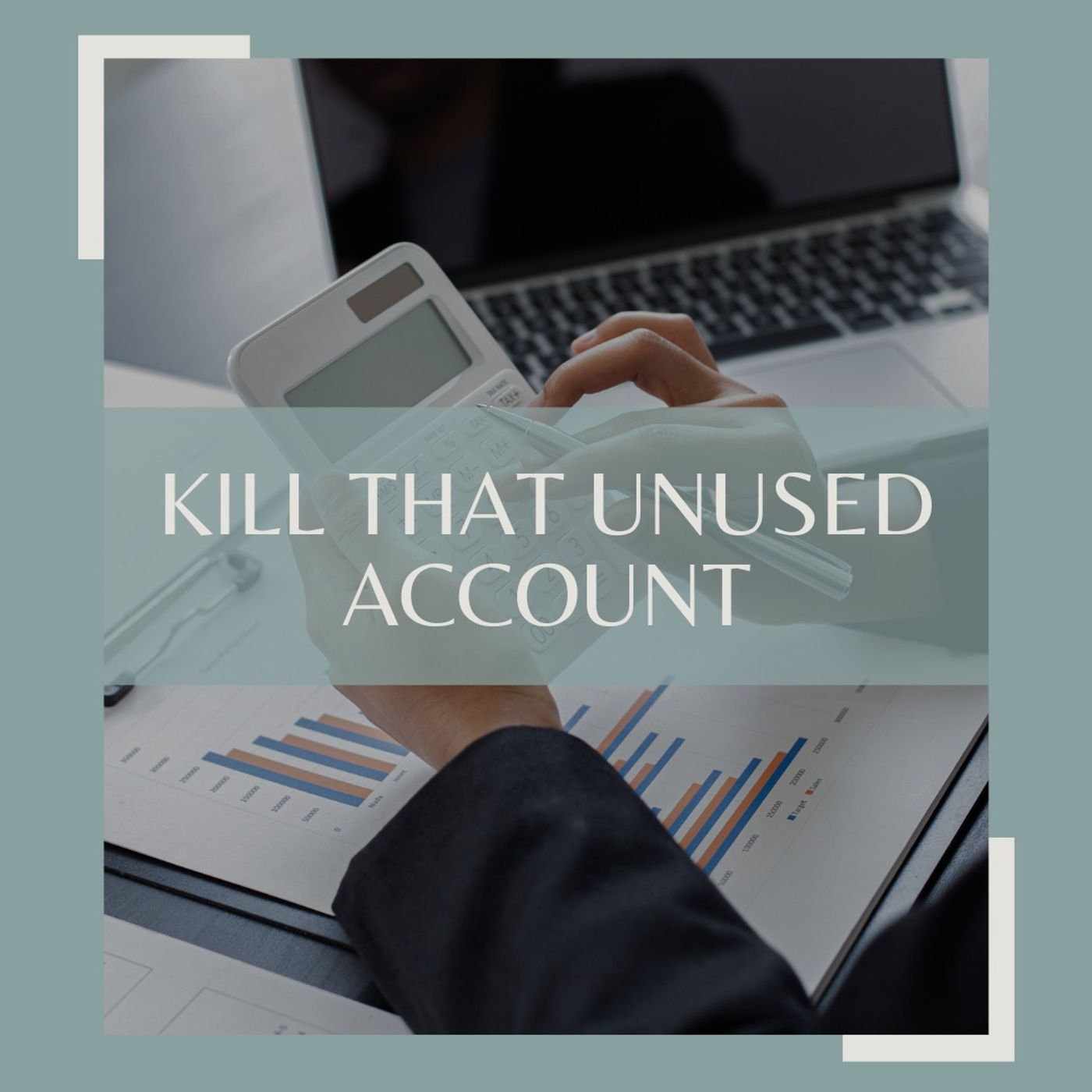Kill That Unused Account
- Author
- FaithFi: Faith & Finance
- Published
- Tue 11 Apr 2023
- Episode Link
- https://www.faithfi.com/
Too often we hang on to credit cards we no longer use, providing an unnecessary invitation to identity thieves to run up charges in your name. Canceling them is a good idea if done properly. We’ll talk about that on this Faith and Finance.
- Christians should always take Proverbs 10:4 seriously. It reads, “A slack hand causes poverty, but the hand of the diligent makes rich.” We certainly don’t want to have a “slack hand” when managing credit cards.
- WILL CLOSING A CREDIT CARD ACCOUNT HURT YOUR CREDIT?
- This is a common question we hear all the time. Your credit score will drop a little after closing an account. Most people are surprised by that because it seems like you’re being punished for doing the right thing, but it really just comes down to mathematics and complicated computer algorithms.
- To find out why your score drops, we’ll have to simplify things. So first, a definition. An algorithm is just a set of rules that solve a problem in a limited number of steps.
- Algorithms live in computer models that give you more credit score points for having three things: long-standing accounts, more available credit, and more kinds of accounts like a credit card, an auto loan, or a mortgage. If closing an account falls under one or more of those factors, your score goes down.
- So just remember that the longer you have an account open, the more credit you don’t use, and the more types of accounts you have, the higher your score. In fact, those three factors make up 55% of your FICO score.
- Now, why is that? It’s simply because having old accounts, unused credit, and more kinds of accounts, tells lenders that you’re more likely to pay them back.
- SHOULD A SLIGHT CREDIT HIT STOP YOU FROM CLOSING THAT ACCOUNT?
- Usually not, but there’s one occasion when it could be important.
- If you’re shopping for a mortgage or some other kind of loan, you want the highest score possible. Lowering your score by even a few points could put you in a lower range of scores, and that could affect the interest rate you get on the loan. A higher interest rate means money out of your pocket every month.
- But in most cases, when you’re not seeking a loan, a slight drop in your credit score means very little. You’ll quickly make that up if you keep the outstanding balances below 30% on remaining accounts and you make your payments on time.
- So, you may be asking, “Why bother closing an account after you’ve paid it off? Especially if it’s going to cost you points on your credit score?”
- There are at least two good reasons:
- First, it eliminates the temptation to use it if you run into an unexpected financial problem. That’s what your emergency fund is for, and you should use that money if the car breaks down or the water heater starts giving you cold showers.
- We've already mentioned the second reason to close an unused account. It’s the constant threat of identity theft. If your account is hacked, it’ll cause you a lot of headaches, especially if it’s unused and you’re not paying attention to it.
- Now, even though we said go ahead and close an unused account and don’t worry about your credit score, you don’t want to close several of them at once. Closing a bunch of accounts at once will multiply the negative effect on your score.
- The best way to close unused accounts is gradually — no more than one or two every six months. That way you spread out the negative impact. And at the same time, you minimize the impact by keeping low balances and making on-time payments with your other accounts.
- HOW TO CLOSE YOUR ACCOUNTS
- Here are the steps to closing an account and making sure it’s closed. First, pay off any remaining balance. Then check for any recurring charges on the account and cancel or transfer them.
- After that, call your card issuer and tell them to cancel the account. You may want to follow up by writing an email or letter to your credit card issuer to confirm your card’s been canceled.
- Finally, double-check your credit reports at all three credit bureaus— Experian, TransUnion and Equifax— to make sure the account’s been closed. You can get them for free at AnnualCreditReport.com.
On this program, Rob also answers listener questions:
- How should you determine the wisest way to use an inheritance?
- Is it wise to consolidate retirement accounts?
- What are the tax implications of receiving an insurance settlement?
- When does it make sense to pay off your mortgage early?
RESOURCES MENTIONED:
Remember, you can call in to ask your questions most days at (800) 525-7000. Also, visit our website at FaithFi.com where you can join the FaithFi Community, and give as we expand our outreach.
Remember, you can call in to ask your questions most days at (800) 525-7000. Faith & Finance is also available on the Moody Radio Network and American Family Radio. Visit our website at FaithFi.com where you can join the FaithFi Community and give as we expand our outreach.
